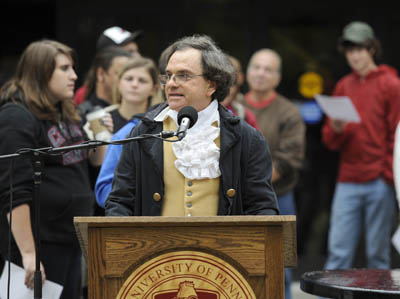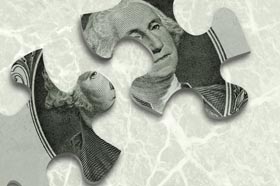 As a contributor to IUP Magazine, the publication we send to more than 100,000 alumni and friends, I wrote a story for the summer edition about student loan debt. I was surprised to learn while conducting the research for it that the average loan debt of an IUP graduate exceeds that of a private college or university graduate.
As a contributor to IUP Magazine, the publication we send to more than 100,000 alumni and friends, I wrote a story for the summer edition about student loan debt. I was surprised to learn while conducting the research for it that the average loan debt of an IUP graduate exceeds that of a private college or university graduate.
“How could that be?” I wondered, knowing that IUP is a state-owned school, and its cost is considerably lower.
In the magazine story, Patti McCarthy, IUP’s director of Financial Aid, summed it up fairly and squarely: Unlike private schools, “We don’t have a pot of money to automatically award scholarships upon admission to students who have a certain grade point average and SAT score.” In other words, we don’t have a centralized stash of private funding to defray our tuition costs.
As of February 2012, that has changed. IUP has established the Academic Achievement Scholarship Fund. The fund is meant to give our undergraduate admissions staff the ability to recruit the most qualified students with $1,000 and $2,000 awards and keep them here with renewable funding that is dependent on academic performance. By seeking gifts for this effort, IUP also is taking a crack at defraying student loan debt, a problem that concerns young graduates across the country.
Each year, a chunk of my paycheck goes toward two or three IUP causes. Last year, I gave to the John A. Pidgeon Scholarship (my father established this fund to benefit IUP’s swimming team) and the Allegheny Arboretum (to help with the upkeep of the trees in the Oak Grove I purchased in memory of my mother). This year, I plan to direct some of my payroll deduction to the new Academic Achievement Scholarship.
I hope when you are asked to give to IUP–either through a mailing from our Annual Giving Office or through the University Family Campaign–you’ll consider what your gift can mean. It could help IUP recruit qualified students through the Academic Achievement Scholarship Fund, or you could direct your gift in numerous other ways that enhance the experience we offer our students.

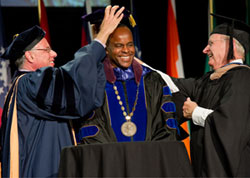
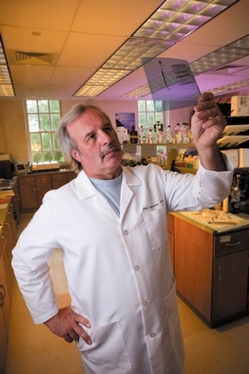 John Kopchick ’72, M’75 recently learned that Ohio University’s Heritage College of Osteopathic Medicine’s newest endowed research chair would be named for him.
John Kopchick ’72, M’75 recently learned that Ohio University’s Heritage College of Osteopathic Medicine’s newest endowed research chair would be named for him. 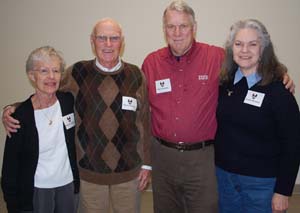
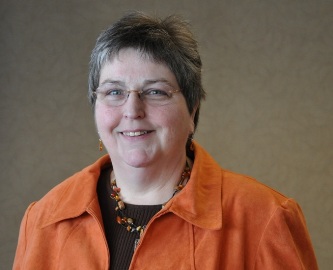 Adolescent bullying, for good reason, is a hot topic, and one of IUP’s professors is in the forefront of the discussion.
Adolescent bullying, for good reason, is a hot topic, and one of IUP’s professors is in the forefront of the discussion.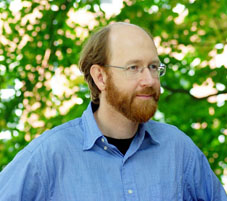 Update, November 11: The BBC also featured this discovery, and the report can be seen on the
Update, November 11: The BBC also featured this discovery, and the report can be seen on the 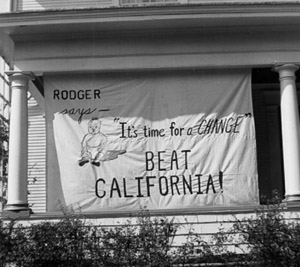 I was delighted to receive this photo from Theresa McDevitt, a
I was delighted to receive this photo from Theresa McDevitt, a  Over morning coffee, NPR listeners recently learned about eating habits that were discovered right here in Indiana, Pennsylvania. You can see the full story in
Over morning coffee, NPR listeners recently learned about eating habits that were discovered right here in Indiana, Pennsylvania. You can see the full story in 